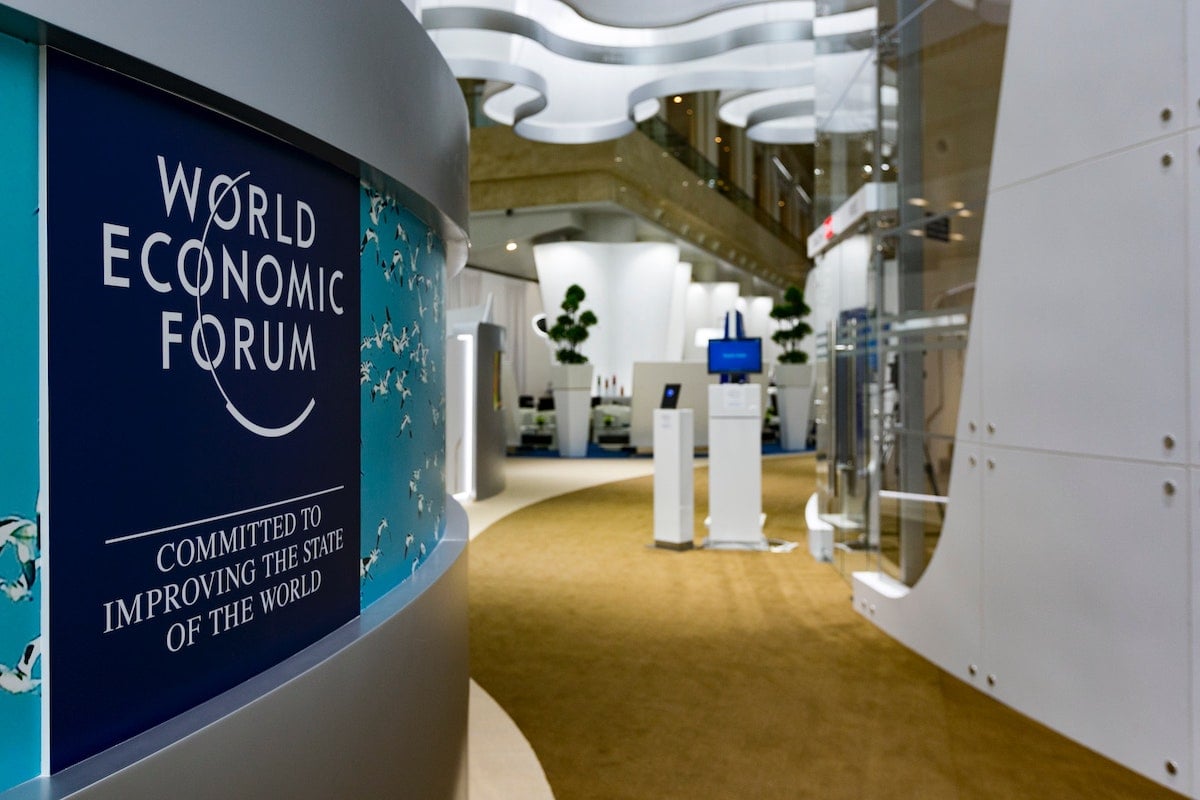From environmental disasters and the pandemic to social movements and protests addressing social justice, the turmoil of the past year, in particular, has forced many to pause, think and innovate.
The time has come for companies to reflect and refresh internal values, missions and practices to ensure that when employees return to the office, it is a place of creativity, innovation and fairness.
To help business leaders navigate the current climate, World Economic Forum (WEF) has published the Diversity, Equity and Inclusion 4.0 Toolkit.
The document outlines how new technologies can help reduce bias from recruitment processes, diversify talent pools and benchmark diversity and inclusion across organisations.
“Successful organisations are powered by the diverse opinions, skill sets and life experiences of their employees.”
Starting from recruitment, the WEF Toolkit examines how new technologies such as TalVista and TapRecruit can review job applications in much greater detail than a resourced people and culture department.
These methods can ultimately help “identify and reduce bias, introduce greater transparency and visibility, and provide timely analytics” for organisations.
Furthermore, the research indicates ways technology providers such as Bunch, Envisia Learning and Harvard Implicit Bias can analyse an employee’s personality, while channels such as Slack or Microsoft Teams can “evaluate biases and exclusionary behaviour”.
These new platforms all lead to insight into target areas for further diversity, equity and inclusion training.
However, technology alone cannot get the job done.
For change to happen and remain, an integrated strategy that combines technology with human-centric approaches is required – while, also ensuring that the focus on “employee experience, purpose and belonging” is maintained.
Thus, to successfully lead through the current times of uncertainty and disruption, industry leaders need to leverage diversity, equity and inclusion as core organisational strengths to safeguard the longevity of their business.
“Successful organisations are powered by the diverse opinions, skill sets and life experiences of their employees,” says Saadia Zahidi, Managing Director, WEF.
Time and time again, research has shown that increasing diversity, equity and inclusion result in long-term business benefits. The Toolkit highlights that “well-managed diverse teams significantly outperform homogenous ones over time”.
The benefits are reaped across profitability, where businesses are 25-36% more likely to outperform, innovation is up by 20%, and the ability to spot and reduce business risks is higher by up to 30%.
While companies that remain at a standstill and fall behind the competition in areas of diversity, justice and inclusion are “less likely to achieve above-average profitability”.
“Ensuring racial justice, gender parity, disability inclusion, LGBTI equality and inclusion of all forms of human diversity needs to be the ‘new normal’ in the workplace set to emerge from the COVID-19 crisis, and it is clear that technology can be leveraged to help rapidly make this a reality,” Zahidi says.
Find out why inclusive leadership is important for modern businesses as companies become increasingly diverse.







